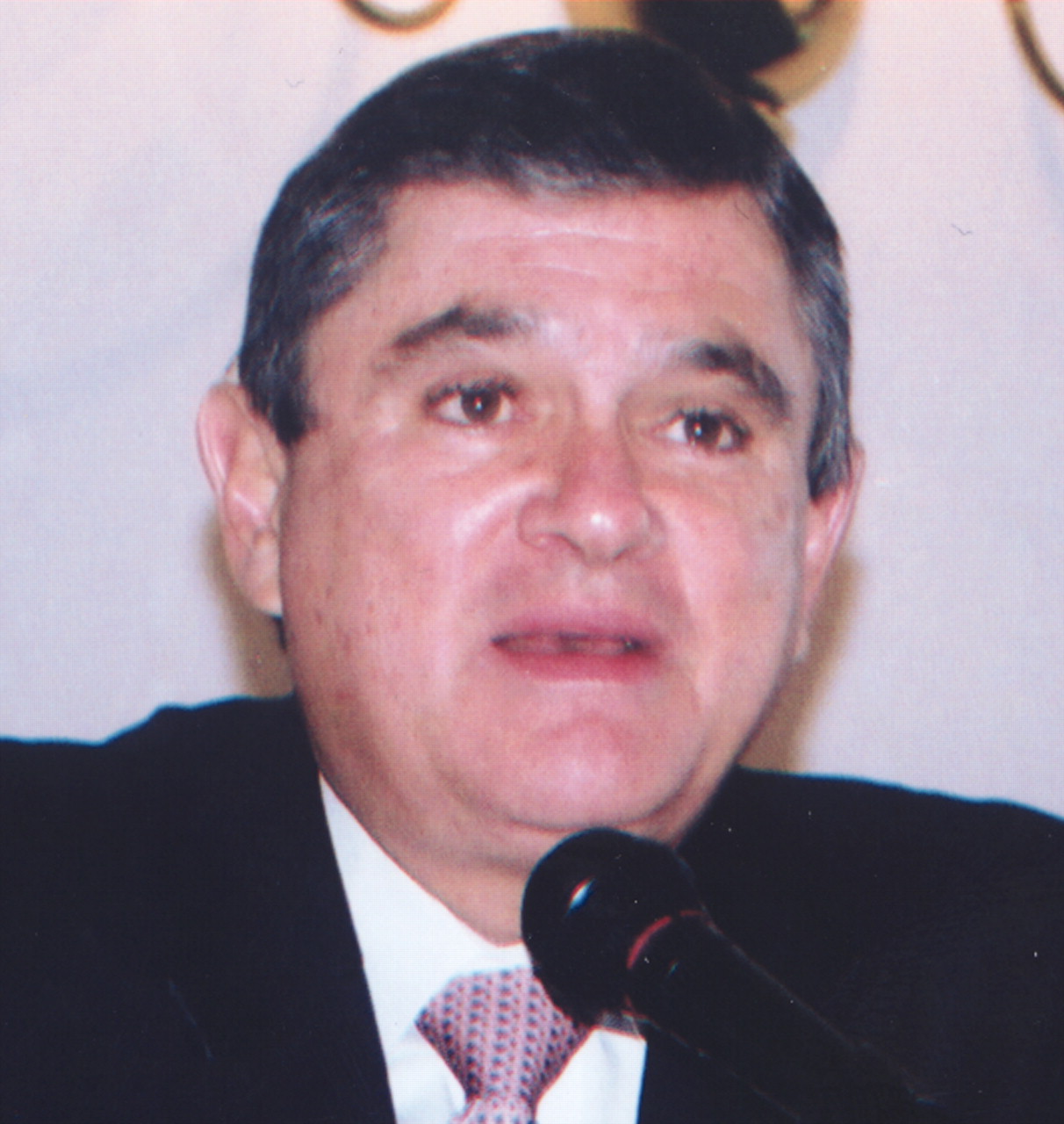Conference Shines Spotlight On Latino MH Concerns
Five years after the first Critical Research Issues in Latino Mental Health conference, new doors have opened for Latino investigators and those studying mental health issues in Latino populations.
This year’s meeting was themed “Mood Disorders Among Hispanics: Epidemiological, Biological, Social, and Therapeutic Aspects.” It took place last November in Princeton, N.J., and featured new research on mood disorders in Latino patients.
Almost 40 new investigators submitted research abstracts to an organizing committee of senior Latino investigators. From this group, the committee selected 14 investigators who were then paired with mentors.
The mentors helped the investigators refine their presentations and prepare the papers for journal submission.
The new investigators discussed issues such as depression among Latina mothers exposed to community violence, treatment of older Mexican Americans for depression, ataque de nervios subtypes, and the study of coraje among the Amuzgos Indians (see story on Original article: page 17), to name just a few.

Javier Escobar, M.D., established the Critical Research Issues in Latino Mental Health conference in 1998.
Members of the council advise the secretary of Health and Human Services and the directors of NIMH and the National Institutes of Health on policies and activities relating to mental health research, research training, and other NIMH programs.
Escobar recently secured funding from NIMH that will allow the Critical Research Issues in Latino Mental Health conference to continue for the next five years. In previous years, the Robert Wood Johnson Foundation has helped to fund meetings.
“The expectation is that this meeting will lead to research grant applications and paper publications,” Escobar said at the conference. “Hopefully, we will see the number of new Latino investigators or new investigators doing research on Latino mental health issues grow over the next few years.”
Escobar told Psychiatric News that the first conference was prompted by concerned Latino investigators who noted that in the mid- to late 1990s “there were few Latino investigators, and not one program funding research on Latino patients.”
Escobar established the first meeting in 1998 and invited then APA president Rodrigo Muñoz, M.D., and then NIMH director Steve Hyman, M.D., to participate. With a number of Latino investigators at various stages in their careers, meeting attendees reviewed current research and gaps in knowledge regarding Latino mental health issues.
Perhaps due to the networking opportunities at that meeting and those that followed, Escobar said, “There were an increasing number of funded research applications submitted by Latino investigators. That’s how we began making an impact.”
It wasn’t until the 2001 conference in Puerto Rico that new investigators were paired with mentors. “That conference was extremely successful,” Escobar recalled, “and we adopted this format as our model.”
To get an idea of exactly how successful the conferences are, Escobar said, the conference organizing committee is planning some research of its own. New investigators will receive questionnaires after the conference about whether they submitted their research for publication and whether they have stayed in contact with their mentors.
Information about the conference is available by e-mail from Alejandro Interian, Ph.D., at [email protected]. The National Advisory Mental Health Council report, “An Investment in America’s Future: Racial/Ethnic Diversity in Mental Health Research Careers,” is posted on the Web at www.nimh.nih.gov/council/advis.cfm. ▪



